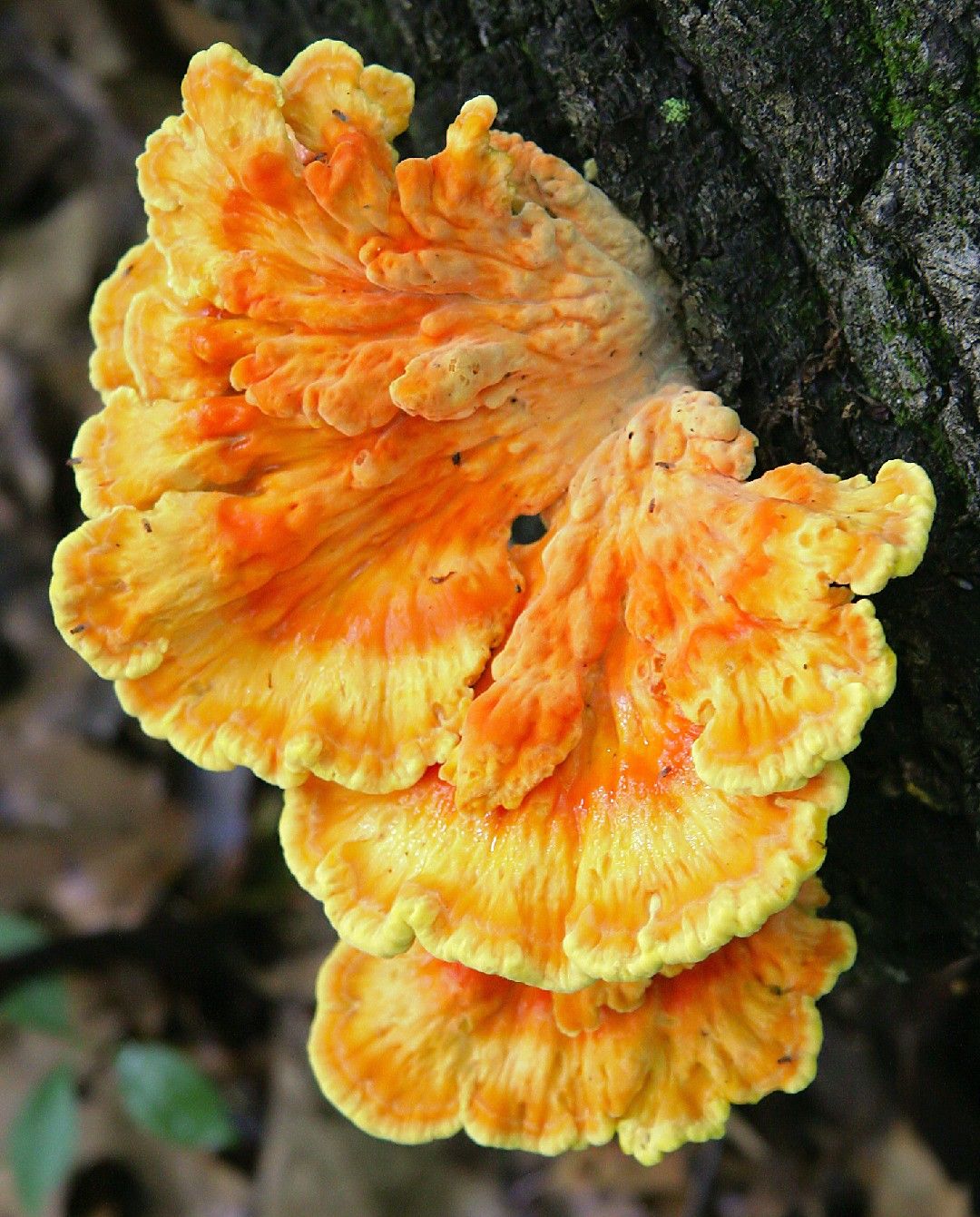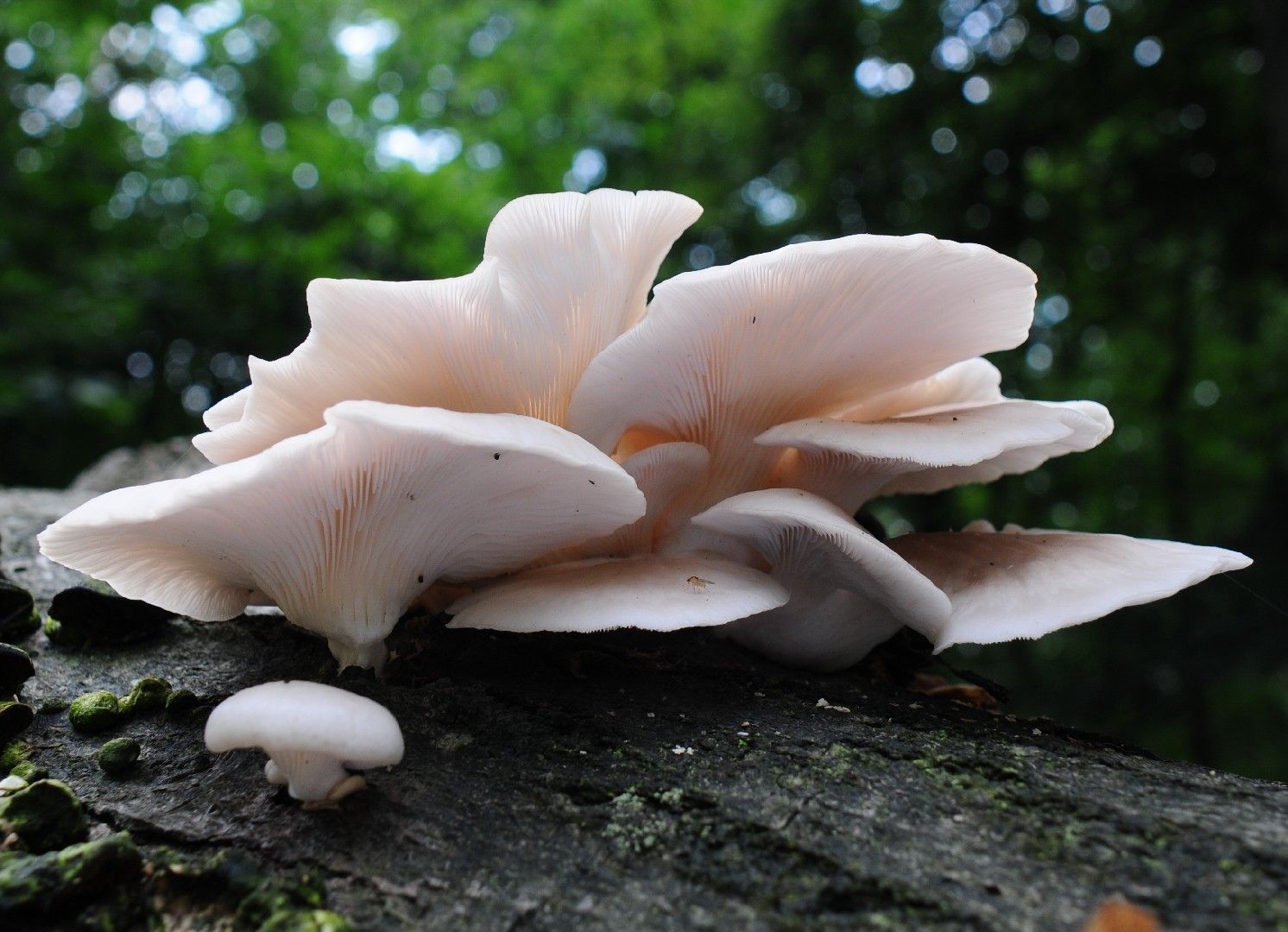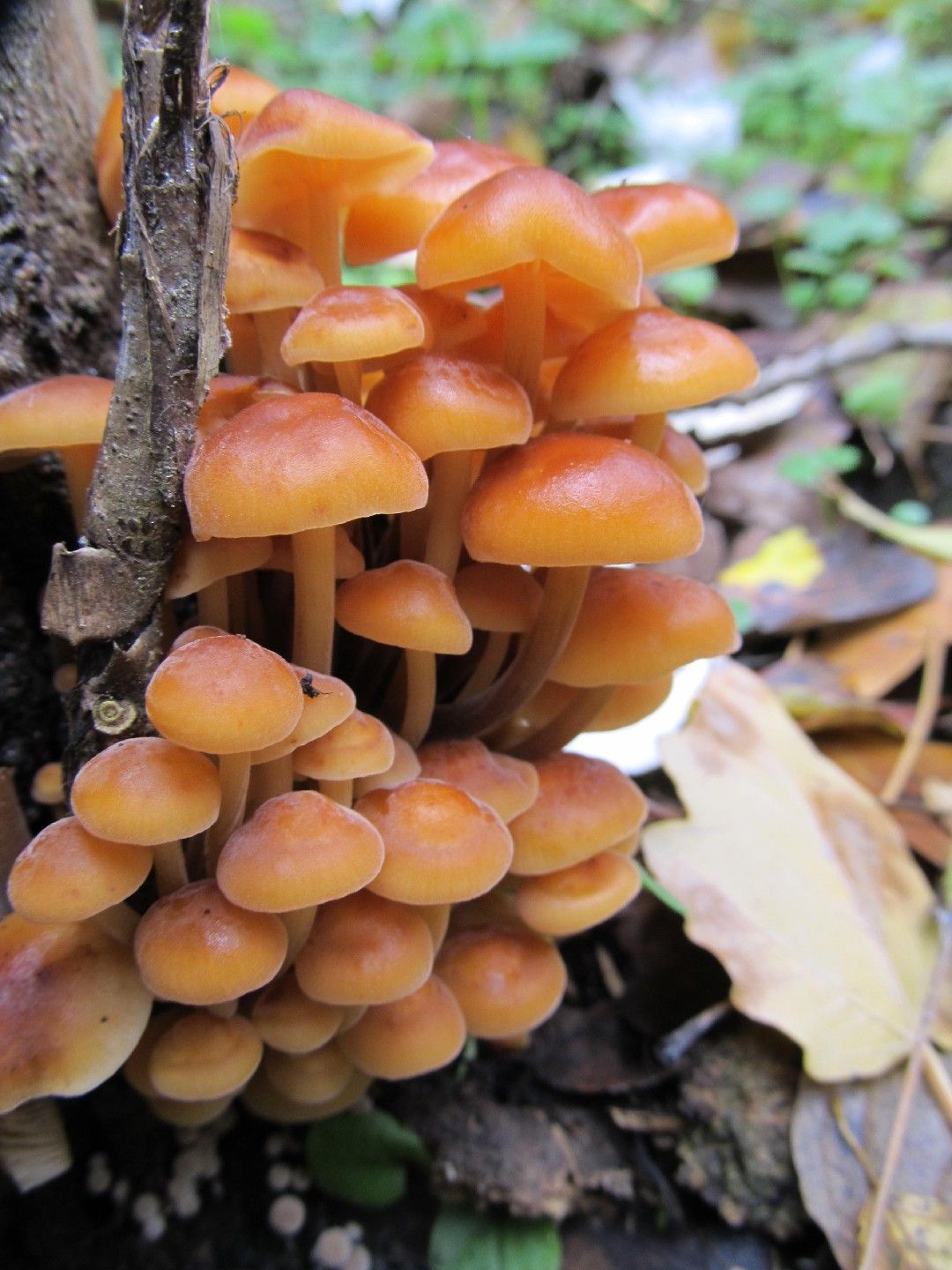🍄 Foraging: Nature’s Treasure
Embrace Nature's Bounty with My Favorite Outdoor Adventure! 🌿







Foraging refers to the practice of searching for and collecting wild
food resources, such as plants, fruits, nuts, mushrooms, and sometimes
small animals or fish, in natural environments like forests, fields, or
shorelines. This ancient skill was vital for survival before agriculture
and continues to be a sustainable, eco-friendly lifestyle choice today.
Personally, I enjoy hunting for wild mushrooms, a fascinating part of
foraging that requires knowledge to correctly identify edible varieties
and avoid toxic ones. Modern foragers often seek out edible plants or
mushrooms while adhering to ethical guidelines to protect natural
ecosystems—taking only what’s needed, avoiding endangered species, and
leaving enough for wildlife.
Foraging also has cultural and medicinal significance, as wild herbs and
plants can be used for traditional remedies or unique culinary
ingredients. Many people are drawn to foraging to connect with nature,
reduce their carbon footprint, or experiment with new, fresh
ingredients.
Have you tried foraging before or would you like to know more about it?
Beginners Guide to Foraging